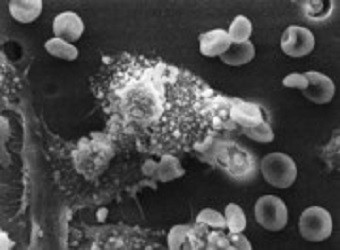
Vasectomy has been linked to a small rise in the risk of getting prostate cancer and a relatively larger risk of getting lethal prostate cancer, according to a press release by the Harvard School of Public Health (HSPH).
The research was done on 50,000 men (between the age of 40 and 75) and is said to be the largest research done to find the link between cancer and sterilization. The scientists at the HSPH found that the men who go for vasectomy increase their risk of getting prostate cancer by 10 percent.
"This study follows our initial publication on vasectomy and prostate cancer in 1993, with 19 additional years of follow-up and tenfold greater number of cases," said Lorelei Mucci, co-author of the study, and an associate professor at the HSPH. "The results support the hypothesis that vasectomy is associated with the increased risk of advanced or lethal prostate cancer."
They also found that vasectomy increases the chance of contracting lethal prostate cancer by 20 percent, even though it is pretty rare to find someone with lethal prostate cancer. Another discovery made is that men, who have vasectomy before the age of 38, run a greater risk of contracting prostate cancer.
Prostate cancer is one of the most widespread cancers found in older men, mainly above the age of 65. Most of the cases of prostate cancer, however, are said to be "slow growing," and patients are often advised to be kept under continuous surveillance.
Treatments like chemotherapy and surgery could often lead to severe side effects like lack of controlling urine and erectile dysfunction.
However, the difference between the probability of getting prostate cancer and lethal prostate cancer still remains quite small. Hence, the link between vasectomy and lethal prostate cancer is not quite clear yet. The scientists believe that further research may shed some light on this matter.
"The decision to opt for a vasectomy as a form of birth control is a highly personal one and a man should discuss the risks and benefits with his physician," said Kathryn Wilson, co-author of the study and a research associate at the Department of Epidemiology at HSPH.
Vasectomy, however, is not the only thing that causes prostate cancer. It can be caused by a number of factors like genetic history, sexual habits, or even dietary habits. However, due to this research, one more cause for prostate cancer might have been found.
















